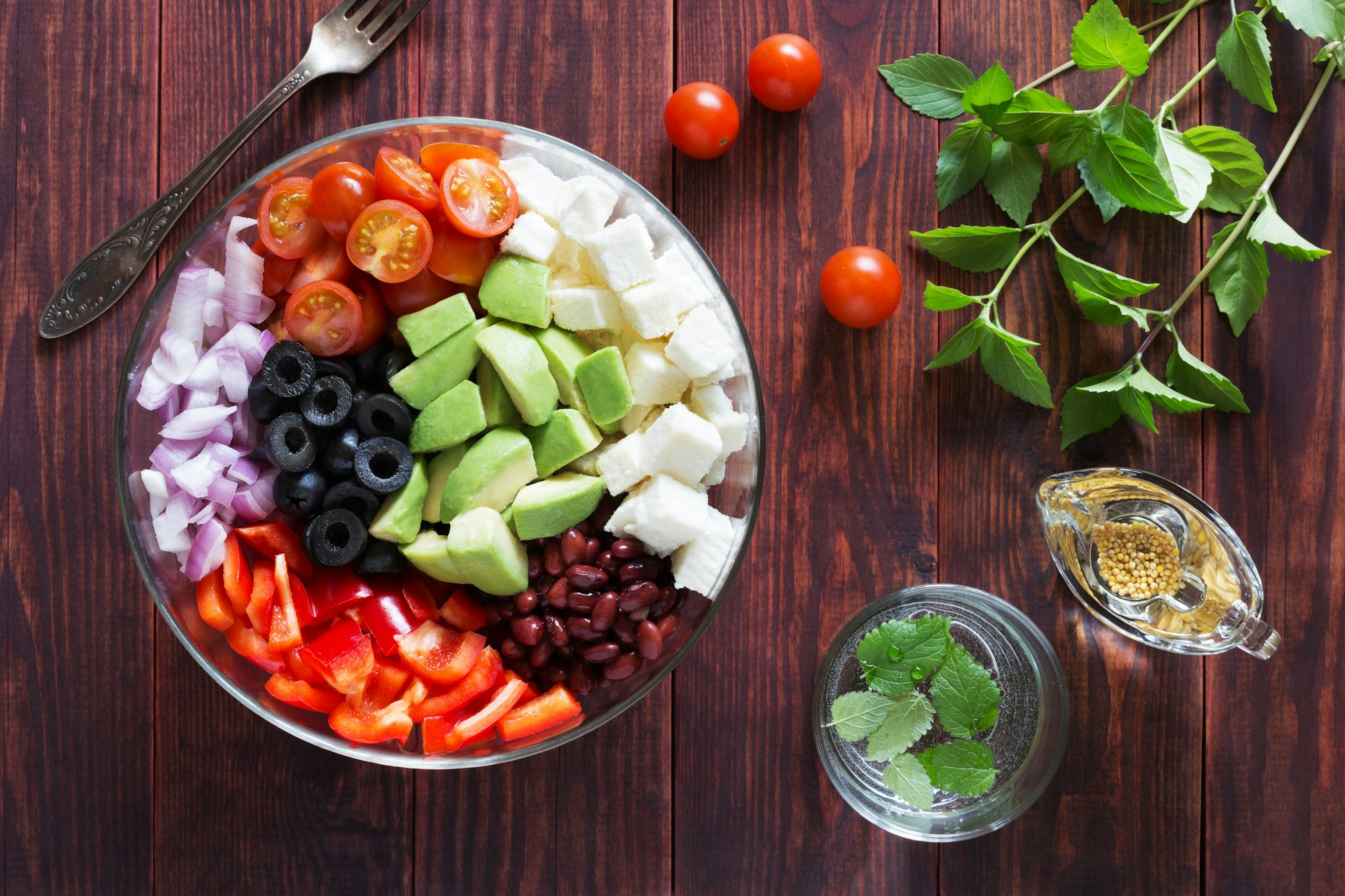Athletic Training and Coaching:
Discover the benefits Coaching Techniques of Mentorship Coaching Techniques incorporating plant-based proteins into your diet, Mentorship Team Dynamics along with Team Dynamics practical tips and delicious recipes.
Plant-based proteins are derived from various food sources that come from plants, including legumes, nuts, seeds, whole grains, and vegetables. Unlike Coaching Techniques animal-based proteins, which can be high in saturated fats and cholesterol, plant-based proteins are often lower in calories and packed with nutrients, making them a heart-healthy choice. Additionally, plant proteins come with a wealth of fiber, vitamins, and minerals that contribute to overall well-being.
One of the standout benefits of incorporating plant-based proteins into your diet is their role in promoting heart health. Diets rich in plant foods have been linked to lower blood pressure, reduced cholesterol levels, and a decreased risk of heart disease. Foods like beans, lentils, and chickpeas provide ample protein while also delivering heart-healthy fiber that helps keep your digestive system running smoothly.
Legumes are among the most versatile sources of plant-based protein. Beans, lentils, and peas can be used in a variety of dishes, from soups and stews to salads and tacos. For instance, black beans are a popular ingredient in Mexican cuisine, adding flavor and protein to dishes like burritos and enchiladas. Lentils, with their quick cooking time, can be a great addition to soups or served as a base for salads, offering a hearty and satisfying option.
Chickpeas, or garbanzo beans, are another fantastic source of Team Dynamics plant protein. They can be roasted for a crunchy snack, blended into creamy hummus, or tossed into salads for added texture. Their versatility makes them a staple in many kitchens, and their nutty flavor pairs well with a variety of spices and seasonings. A simple chickpea salad with olive oil, lemon, and fresh herbs can serve as a refreshing and protein-rich meal.
Nuts and seeds are also excellent sources of protein and healthy fats. Almonds, walnuts, chia seeds, and flaxseeds not only provide essential nutrients but also promote satiety, making them great additions to snacks and meals. Adding a handful of nuts to your morning oatmeal or incorporating seeds into smoothies can enhance both flavor and nutrition. Nut butters, such as almond or peanut butter, can be Mentorship spread on whole grain toast or used as a dip for fruits and vegetables, making for a satisfying and nutrient-dense snack.
Whole grains, such as quinoa, brown rice, and barley, are not only sources of complex carbohydrates but also contribute valuable protein to your diet. Quinoa, in particular, is a complete protein, meaning it contains all nine essential amino acids, making it an excellent choice for those following a plant-based diet. You can use quinoa as a base for grain bowls, salads, or even as a stuffing for vegetables. Its nutty flavor and fluffy texture make it a delightful addition to any meal.
Incorporating a variety of plant-based proteins into your diet doesn’t have to be complicated. Start by experimenting with different recipes and combinations. For instance, consider creating a hearty lentil soup filled with vegetables for a comforting meal. You can also prepare grain bowls featuring quinoa, roasted chickpeas, and seasonal vegetables, drizzled with tahini or your favorite dressing for added flavor.
As you transition to a more plant-based diet, it’s essential to keep an eye on your overall protein intake. While many plant foods contain protein, it’s important to consume a variety to ensure you’re getting all the essential amino acids your body needs. Mixing different sources of plant protein throughout the day, such as combining legumes with whole grains, can help achieve this balance. A classic example is pairing rice and beans, which together provide a complete protein profile.
For those who may be hesitant about giving up animal products entirely, consider starting with a flexitarian approach, where you gradually increase your plant-based meals while still enjoying some animal-based proteins. This flexible method can make the transition feel more manageable and enjoyable. For example, you might designate certain Team Dynamics days of the week as meatless, exploring new plant-based recipes and flavors.
The benefits of plant-based proteins extend beyond personal health; they also contribute positively to the environment. Plant-based diets have a lower carbon footprint compared to diets rich in animal products, making them a more sustainable Coaching Techniques choice for the planet. By choosing to incorporate more plant foods into your diet, you’re not only benefiting your health but also making a positive impact on the environment.
As you explore the world of plant-based proteins, don’t forget to pay attention to hydration. Drinking plenty of water throughout the day is essential for overall health and can enhance digestion. Herbal teas and infused waters Mentorship with fresh fruits and herbs can also be refreshing alternatives.
In conclusion, incorporating plant-based proteins into your diet is a rewarding endeavor that can enhance your health and well-being. By exploring a variety of sources, from legumes and nuts to whole grains and seeds, you can create delicious and nutritious meals that support a balanced lifestyle. Embrace the versatility and flavors of plant-based proteins, and enjoy the journey toward healthier eating. With each meal, you have the opportunity to nourish your body and contribute to a more sustainable world, one delicious bite at a time.